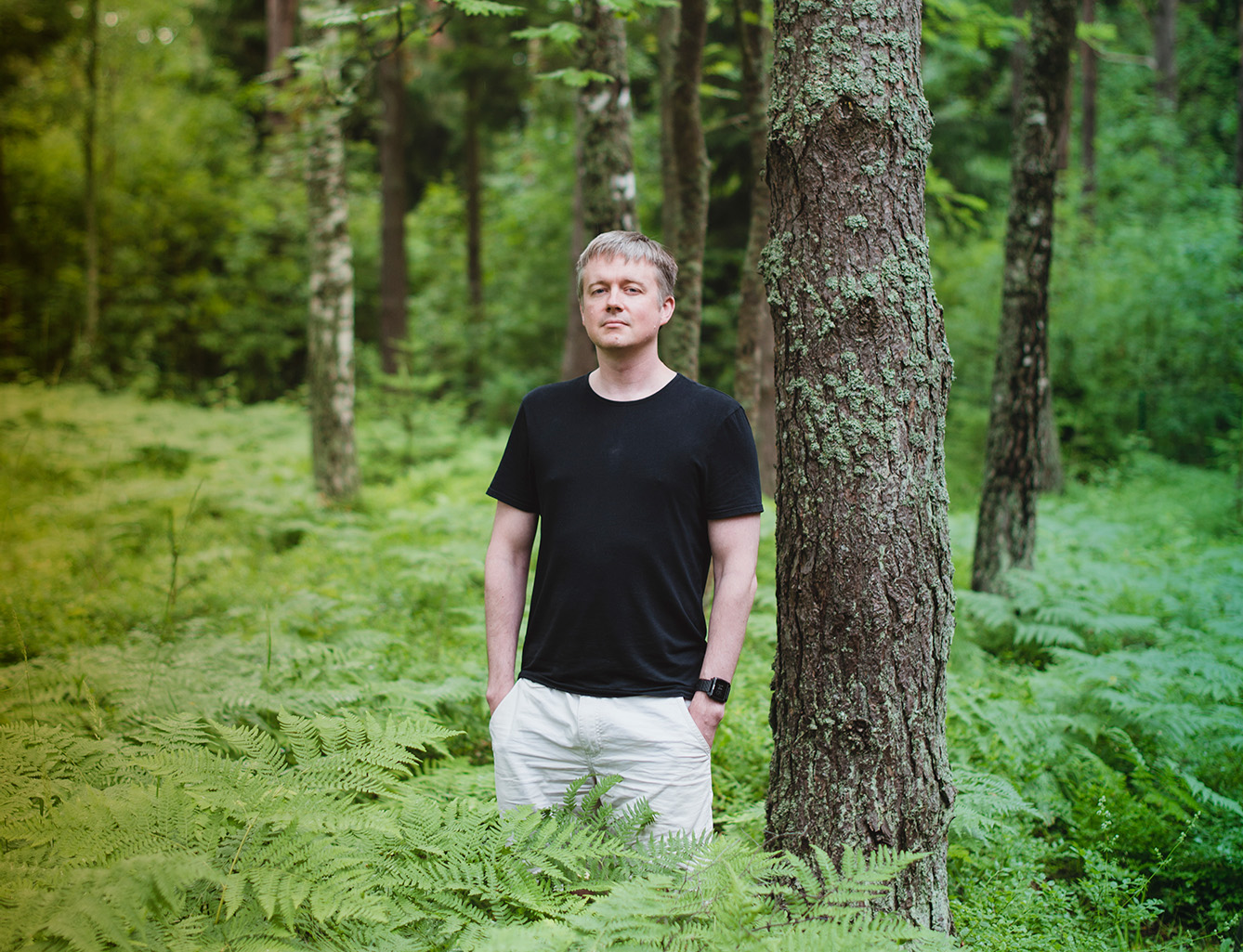Jaan Tallinn is one of the members of the Nordic and Baltic team behind Skype, the company best known for VoIP-based telephone calls. In the early 2000s, Skype revolutionized the telecommunications industry in one of the most profound ways since Alexander Graham Bell invented the telephone in 1876. Skype offered people access to voice communication over the internet instead of through a standard telephone line resulting in free calls at a time when costs for international phone calls were much higher than people are used to today.
While the main founders of the company, Niklas Zennström and Janus Friis, are from Sweden and Denmark, respectively, the software was created by Jaan and his three Estonian programmer friends: Ahti Heinla, Priit Kasesalu, and Toivo Annus. Jaan, Ahti, and Priit had all been programming together since they were teenagers and had founded BlueMoon. Jaan was only 17 years old when the company released Kosmonaut in 1989, the first Estonian computer game to be sold abroad.
Times of hardship
Despite the initial success with Kosmonaut, BlueMoon was not the success the three friends had hoped for, and by 1999, the company was facing bankruptcy. Money was desperately needed, so the company founders started working remote jobs for the Swedish telecommunications company Tele2 for a salary of USD 330 USD each per day. It quickly turned out that Scandinavian salaries were not the main advantage for the BlueMoon team during their time at Tele2. It was there that they met their future business partners, Niklas Zennström and Janus Friis.
The Estonian team had been working on a file-sharing application that they had named Kazaa. The peer-to-peer (P2P) file-sharing program was similar to its American rival Napster and quickly caught the eye of Zennström and Friis, who decided to buy it in 2000 as downloads of MP3 music files were skyrocketing across the world. The following year, Apple launched its wildly popular MP3 player, the iPod, making MP3 files a staple good for consumers.
The Scandinavian/Estonian team would continue working together, with their next project being Skype. The Estonian programmers built the software on the same P2P foundations that had been used for Kazaa, but now applied it to telecommunications. Launched in 2003, the company was a smashing hit and was sold to eBay just two years later for USD 2.6 bln.
Saving the planet
Since making a windfall on Skype, Jaan has not launched any new companies. He has, however, been an early investor in many other companies, with the most significant being in AI research lab DeepMind, which Google acquired in 2014 for USD 600 mln. His investments in AI stem not so much from a desire to make profits but rather from his interest in Existential Risk studies, a field of study of potential future events that could damage human well-being on a global scale or even cause human extinction.
Jaan believes that AI running amok is the greatest threat facing humanity and has poured money into the industry to stay informed about developments in the field. In 2014, he co-founded The Future of Life Institute, which works to reduce extreme risks from transformative technologies. Jaan is one of the institute’s biggest donors, together with Elon Musk and Ethereum-creator Vitalik Buterin. Starting with video games, followed by P2P technology via Kazaa and Skype, the prodigy from Estonia has now become one of the world’s most influential voices among the group of people working for the survival of humankind.
It just might turn out that what stands between a Terminator-like extinction event and a bright future for nearly 10 billion people is a 50-year-old programmer and investor from Estonia.







